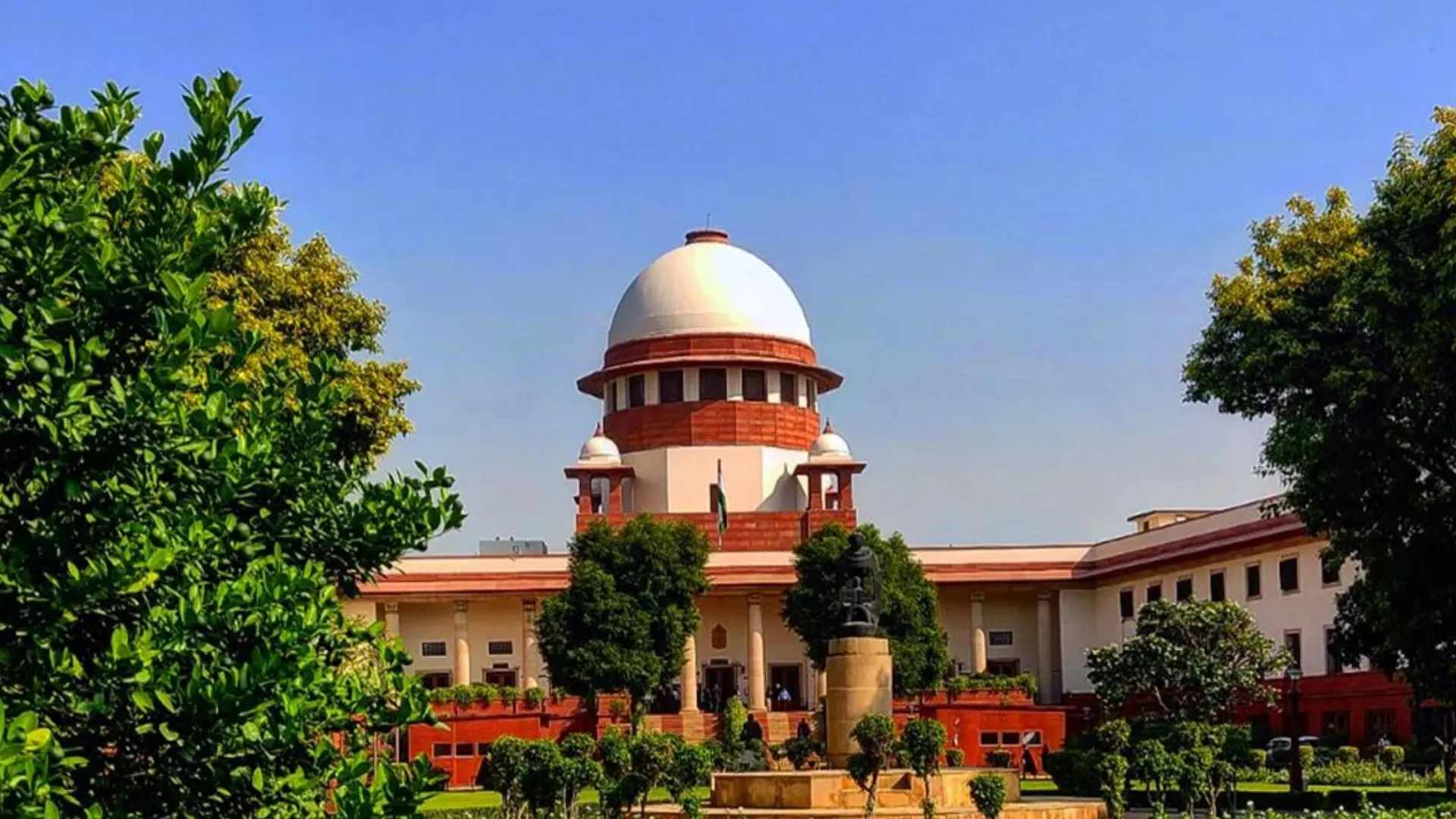The Supreme Court on Thursday, April 17, 2025, directed the Union government not to make any changes to the status of waqf properties until the matter is heard again on May 5. The court has also asked the Centre to submit its preliminary response within a week, including all supporting documents related to the new Waqf (Amendment) Act, 2025.
The assurance from the government that no waqf property will be denotified or altered in any way until then brought some temporary relief for those challenging the law.
Centre Defends Law as Necessary; Petitions Say It Violates Religious Rights
The law, which was passed by Parliament and signed by President Droupadi Murmu on April 5, has been strongly opposed by multiple petitioners. They argue that the waqf system—including the creation, management, and administration of waqf properties—is a core religious practice within Islam and should be protected under the Constitution.
They’ve raised concerns about several parts of the amended law, especially:
-
The removal of protections for waqf properties classified as ‘waqf by user’, a practice where properties are treated as waqf through long-standing public use,
-
The inclusion of non-Muslims in Waqf Boards,
-
And the authority given to the government to change the legal status of waqf lands, even if they are under dispute.
However, the Central government has defended the changes, saying the new law was carefully drafted to improve transparency and accountability in waqf administration.
Court Says No Interim Stay on Law, But Property Status Must Be Maintained
Despite the concerns raised, the Supreme Court declined to place an interim stay on the Waqf (Amendment) Act. However, it made clear that “there should be no alteration in the character of any waqf property, including those registered or declared under the practice of waqf by user.”
The Bench, headed by Chief Justice Sanjiv Khanna, further directed that all waqf properties must remain untouched until the next hearing. This means no new appointments can be made to any Waqf Board—whether central or state—during this period.
“If waqf properties have already been registered under the 1995 Act, they cannot be disturbed,” the Chief Justice said while reinforcing the court’s order to preserve the status quo.
Centre Assures: No Denotification of Waqf Properties Until May 5
Reiterating its position in court, the Centre promised that no waqf properties, including those registered through official deeds or usage, will be denotified until the next hearing. The assurance was officially recorded by the court and is now binding until further notice.
The court’s decision to not issue a full stay on the new Act was based on its observation that the legislation contains some “positive provisions”. Still, it stressed that the matter remains under judicial review, and “the current situation should not be disturbed.”
Only Five Petitions to Lead the Case, New Title Adopted
During the hearing, the Bench also streamlined the case by deciding that only five petitions would be treated as the lead cases. The petitioners have been asked to mutually decide which five will take the lead.
To avoid a flood of additional petitions, the Solicitor General Tushar Mehta requested the court to modify the case title. The Bench agreed and renamed the matter to “In Re: Waqf (Amendment) Act 2025 12345.”
This move is aimed at ensuring a more efficient legal process and preventing duplication in challenges to the law.
“Villages Have Been Taken As Waqf Properties,” Says SG Mehta
As part of the government’s defense, Solicitor General Tushar Mehta told the court that there are serious issues involved in the matter and that the law had been passed responsibly.
“I am respectfully urging, the questions are pertinent but the difficulty is, I am putting it candidly, there are not issues mylords consider staying on prima facie reading of some provisions. Mylords have to consider the history… we as government are answerable to people. Villages are taken as waqf properties. It is a considered piece of legislation. Petitions were filed before assent,” Mehta said.
Apart from the main batch of petitions, the Supreme Court also separated older cases filed by Hindu groups that challenge earlier waqf-related laws, including the Waqf Acts of 1995 and 2013. These will now be handled separately from the current challenge to the 2025 Amendment.























